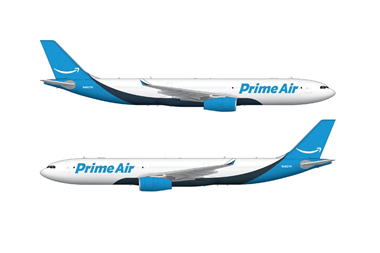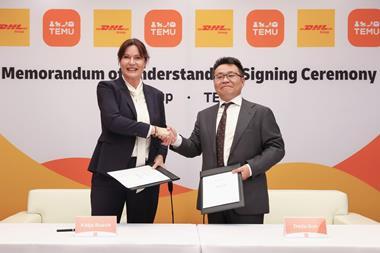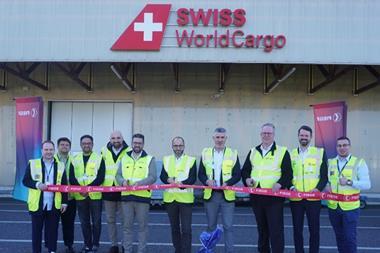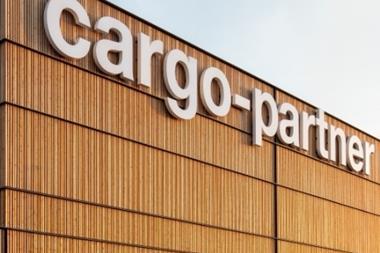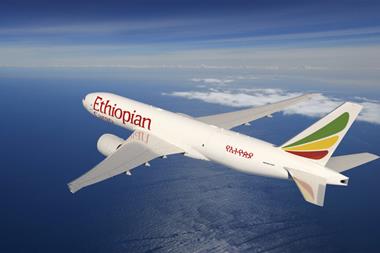Sweden's West Atlantic cargo airline is to look outside Europe as it seeks to increase utilisation of its eight-tonne capacity freighter fleet.
As previously reported, the carrier saw underlying 2016 year-on-year revenues fall by 2.8% to SKr 1.3bn ($145.6m), adjusted for currency and fuel price factors.
The group’s earnings before tax, interest, depreciation and amortisation (ebitda) saw margin decreased to 9.7% from 12.6% in 2015 following a “less utilised ATP fleet,” but also a few significant one-time costs relating to restructuring.
Revenue was also affected by the total loss of a 1993-built Bombardier CRJ200 freighter in January 2016. In November 2016,West Atlantic confirmed that it has won a five-year contract from Royal Mail Group to add additional aircraft to the UK postal operator's domestic air network from mid-January 2017.
Fredrik Groth, chief executive and group president, said: “One challenge we had going into 2016 was to place more of our eight tonnes capacity aircraft (serviced by the BAe ATP and CRJ200) into revenue service. When we summarise the year, we can conclude that we have not managed to reach that objective.
“The number of ATP aircraft in revenue service has reduced by almost 50% over the last two years, resulting in the group carrying costs for a parked fleet.”
Groth continued: “As we go into 2017, commercial focus will be to significantly improve the contribution from these assets through combinations of new contracts and charter activity.
“We will further evaluate markets outside of Europe, where regional cargo growth is higher, for business opportunities for this highly capable aircraft.”
In his outlook, Groth said that 2017 will “also be a challenging year, but in a much more positive way”.
He continued: “We are growing the Boeing 737 aircraft fleet with seven aircraft to support the new Royal Mail network, and a timely delivery of the service will be important to keep the operating margins up.
“The outcome of the project to increase contribution from the underutilised assets will be the major key to improving the financials during 2017, from both reducing the costs and securing new business opportunities.
“We will further continue with a second cost reduction programme in order to allow the Group to be in a stronger position to win new contracts and return to profitable growth.”





